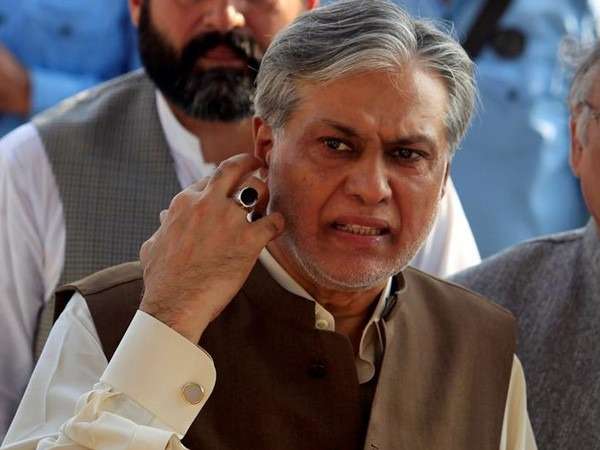Pakistan’s economy has been facing severe financial challenges for several decades, and one of the primary reasons for this is the government’s lack of fiscal discipline. The government’s spending has been increasing rapidly in recent years, leading to a significant surge in the country’s budget deficit. To address these issues and ensure sustainable economic growth, the government needs to exercise fiscal restraint and focus on reducing its expenditures.
In the most recently published Pakistan Charter of Economy by the Policy Research Institute of Market Economy, we try to address some of the issues. Check out the section on spending restraint.
The government’s high level of spending is the primary reason for the country’s fiscal challenges. Pakistan’s government expenditures have been increasing significantly over the past few years, which has led to a substantial increase in its budget deficit. The government has been borrowing heavily to finance its spending, leading to a significant increase in the country’s debt burden.
Government Employees
- The government of Pakistan employs 3.2 Million persons, or 5.1% of total labor force, and 1.57% of the total population.
- The total government expenditure is 22% of GDP, and wages account for 3.6% of GDP and 19% of combined current expenditures of the Federal and Provincial Governments.
- The provincial government employees constitute half of the bureaucracy while the remaining work with the Federal Government.
- 35% of Federal employees work in security, 20% in infrastructure, and 18% in the energy sector.
- At the provincial level, 41% of the government workforce is engaged in the education sector. Together with health and security, constitute 75% of employees, and 72% of wage expenditure.
- 95% of government employees are in the unskilled (50%) and semi-skilled (45%) categories and constitute 85% of the wage bill.
- 1.4 million persons are employed by the military.
- In comparison, the ruling British raj needed no more than 1200 officers to conduct public services.
To address these issues, the government needs to reduce its spending. This can be achieved by cutting down on non-essential expenditures, eliminating all subsidies, and redirecting resources to more critical areas such as health, education, and infrastructure development. The government should prioritize spending on programs and projects that yield the most significant benefits for the country and cut down on expenditures that do not contribute to economic growth.
Curbing Expenditures
The government can also consider implementing austerity measures to reduce spending. These measures can include freezing salaries and benefits for government employees, reducing the number of government employees, and cutting down on travel and entertainment expenses. These measures will help the government save money, reduce the budget deficit, and improve the country’s fiscal health.
Efficiency
Another essential aspect of reducing government expenditures is improving the efficiency of public spending. In recent years, Pakistan’s government spending has been characterized by inefficiencies and waste. The government needs to implement policies that ensure public spending is directed toward projects and programs that yield the greatest benefits for the country. The government can achieve this by implementing a results-based management system that measures the impact of public spending and ensures that resources are allocated to projects that deliver the most significant results
Leakages from Corruption
The government also needs to focus on reducing corruption in public spending. Corruption has been a significant challenge in Pakistan, and it has contributed to the country’s fiscal challenges. The government needs to implement anti-corruption measures that promote transparency and accountability in public spending. This can be achieved by strengthening anti-corruption institutions, increasing transparency in public procurement, and improving oversight and monitoring of public spending.

Finally, the government needs to explore opportunities for public-private partnerships to reduce government expenditures. Public-private partnerships can help the government deliver public services more efficiently and cost-effectively by leveraging private sector expertise and resources. The government can partner with private companies to provide services such as healthcare, education, and infrastructure development, which will help reduce government spending and improve the quality of public services.
In conclusion, Pakistan’s government needs to exercise fiscal restraint and focus on reducing its expenditures to address the country’s fiscal challenges. The government should prioritize spending on programs and projects that contribute to economic growth and reduce non-essential expenditures. The government should also implement policies to improve the efficiency of public spending, reduce corruption, and explore opportunities for public-private partnerships. By taking these steps, the government can reduce the budget deficit, improve the country’s fiscal health, and ensure sustainable economic growth in the years to come
